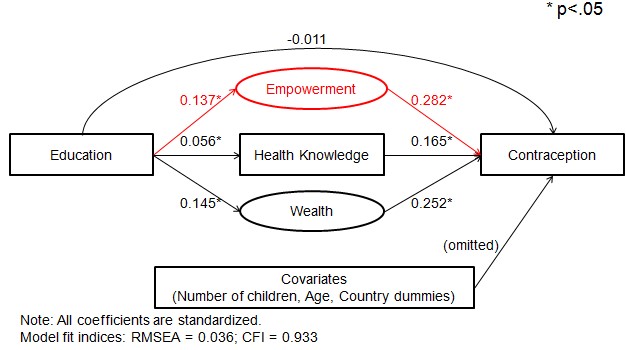by Bryan Mann and Julia Mahfouz
A revolution in Education has thoroughly transformed human society over just a century and a half. Along with a few other major global phenomena, such as large-scale capitalism and representation democracy, schooling whole populations for ever more years changes both individuals and the institutions at the core of society. Intensifying right up to today, what is called the “education revolution” is a cultural phenomenon more than a material or political one, although it has major material and political consequences. ~ David P. Baker, The Schooled Society (2014)
The driving question of the research this team conducts is: “What is education’s impact on______.” The blank can be filled with a number of cultural and political topics of interest across a variety of subjects. While our research gets published and presented in a variety of academic venues, the purpose of this blog is to give the readers a snapshot of our current work in a less formal outlet. This first entry describes the progress of one of our papers, which asks the question: What impact does schooling have on women’s contraceptive use? With this, we seek to examine education’s impact on a health outcome by considering if higher levels of education lead to empowerment, in turn leading to a specific health decision.
The study looks at education’s effect on women’s empowerment and contraceptive use in Latin American/ Caribbean countries—Haiti, Nicaragua, and Bolivia using a pooled sample of data from the Demographic and Health Survey (DHS). The justification and assumptions that drive this study come from the understanding that a majority of females who engaged in premarital sex in this region did not use contraceptives partially due to lack of education, and, as a result, the region saw a high number of unintended pregnancies (see also Ali & Cleland 2005).
The South American/Latin American/Caribbean region has experienced educational development but with uneven access across locations inside countries. This context has uneven access to education and variability of educational attainment, allowing the team to investigate if years of schooling attended by women led to higher levels of empowerment, improved health knowledge, and greater wealth. We used Structural Equation Modeling to determine if these pathways (education leading to empowerment/knowledge/wealth then leading to contraceptive use) increased use of contraception. See the pictorial description of this study:
The results suggest that in this context formal education is a significant social determinant of contraceptive use, focusing on the change of women’s status and its mediating impact on family planning. In other words, our findings suggest that in this region education leads to empowerment, knowledge, and wealth and this in turn leads to the outcome of more women using contraception and having unwanted pregnancies.
The researchers working on this project are Dr. Haram Jeon, Dr. David Baker, Bryan Mann (PhD candidate in Educational Theory and Policy), and Julia Mahfouz (PhD candidate in Educational Leadership). The team presented this work at the 2015 Population Association of America Annual Meeting in San Diego and won a ribbon for best poster in their session.
Reference
Ali, M. M., & Cleland, J. (2005). Sexual and reproductive behaviour among single women aged 15–24 in eight Latin American countries: A comparative analysis. Social Science & Medicine, 60(6), 1175-1185.
